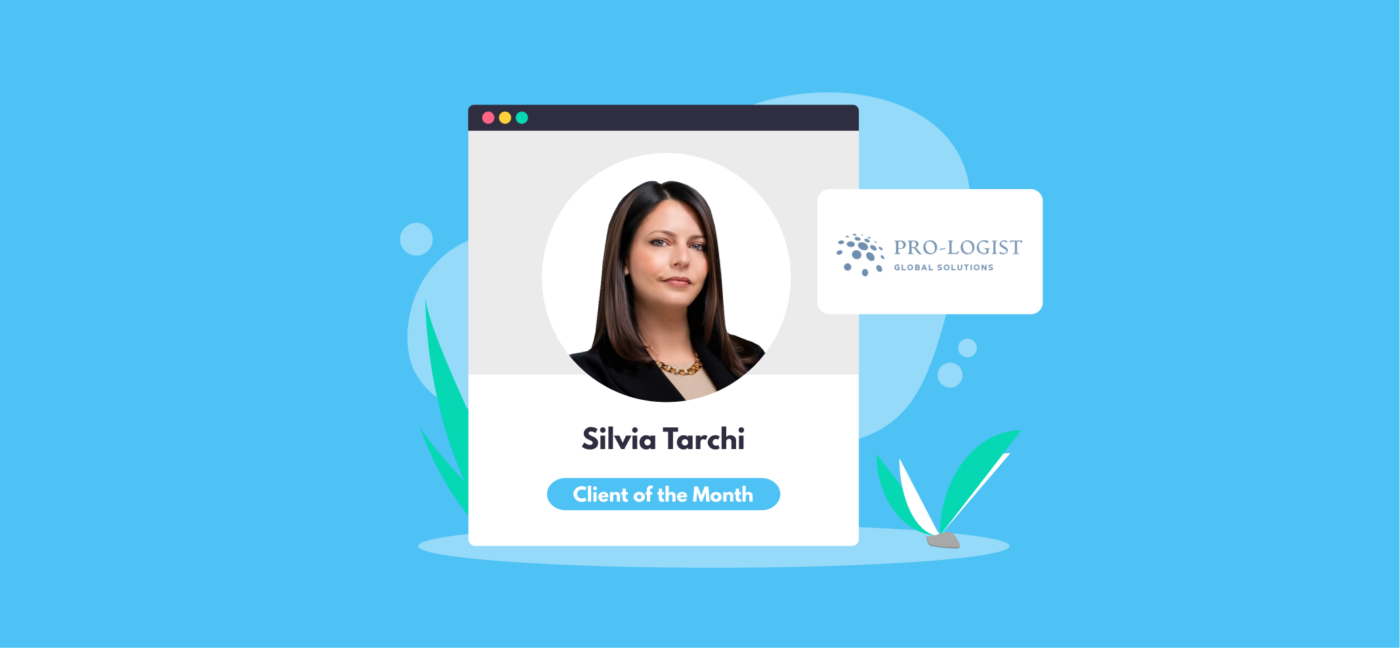

How Do I Become a Contractor?
Starting out as a contractor can be a daunting but rewarding step. If you’re considering joining the world of contracting, or just want to know more about it, our guide covers some of the most frequently asked questions (and answers!).
What is a contractor?
Contractors provide skills and services for a set amount of time, enabling clients to hire the specialist support they need in order to complete a project.
Working on a self-employed basis means you won’t have the same entitlements and benefits as an employee, but you’ll normally be hired for the duration of a contract so it can be more secure than other types of freelancing.
Do I need to register as a contractor?
There are a few considerations to this. Contracting isn’t a business structure in its own right, so if you decide to become a contractor, you’ll need to decide what sort of legal structure you want to set up.
If you work in the construction industry and use subcontractors to carry out work, then you’ll also need to sign up as a contractor for the Construction Industry Scheme (CIS).
What business structure can contractors use?
Like any business owner, contractors can choose which legal structure is most suitable for their needs. The way you set up your business affects the way you report information, how you pay tax, and even how you pay yourself, so it’s a big decision.
There are several options, although for lots of contractors the decision will boil down to:
- Setting up a limited company
- Contracting as a sole trader
There are advantages and disadvantages to every method – it all depends on your individual circumstances.
Am I affected by IR35?
The way you set up your contracting business can influence whether or not you’re affected by IR35 rules. In simple terms IR35 basically deals with the way contractors are meant to pay tax if they work through their own limited company.
The client you provide services to must make a ‘determination’ to assess your IR35 tax status based on several factors, such as the length of the contract. If they determine that the contract is ‘inside IR35’, then they’ll deduct tax and National Insurance from your payments as if you were an employee (which can affect your cash flow).
IR35 can be very complicated, but if you contract as a limited company then it’s well worth researching how it works.
How do I find contracting work?
Lots of contractors find work through agencies and jobs boards, or even vacancies advertised by the client. You can often register for these online, but it’s also worth checking if there are agencies who deal with your particular industry in the local area.
Larger contracts might also invite you to prepare a pitch for the work so you can provide more details, such as costings and timeframes.
How much do contractors charge?
Deciding how much to charge for your services can feel strangely terrifying when you’re starting out, even when you know the going rate for your industry. Some contracts will be advertised with a pricing structure included so, like any other job application, it’s up to you whether or not it’s enough.
Other jobs might ask what your rates are, so taking the time to do some research will help you have an answer lined up ready. There isn’t a magic formula to work out fees, but as a starting point take a look at:
- What contractors with your skills and experience charge
- What the contract entails
- How much it will cost you to fulfil the contract (basically, how much will you have to spend in order to complete the job?)
What happens next?
Contractors have the same needs and responsibilities as any other type of business owner, although the exact nature of these depends on what type of structure you set up. In general, this will include:
- Finding work and promoting your business
- Opening a bank account
- Invoicing clients
- Keeping records which show your earnings and any business spending (known as bookkeeping)
- Submitting tax returns
Need to speak to an accountant? Call us on 020 3355 4047 or learn more about our accounting services for contractors .
Want to learn more?
Subscribe to our newsletter to get accounting tips like this right to your inbox

Read more posts...

April 2024 Client of the Month: Pro-Logist ltd
23rd April 2024This month we spoke to Silvia, Managing Director of Pro-Logist ltd! Pro-Logist ltd | LinkedIn Hey Silvia! Tell us about your business Pro-Logist,…
Read More
The Self-Employed Guide to Retirement Planning
19th April 2024Pension planning is often something we forget about until later in life, but the earlier you think about it, the better. Everyone…
Read More
14 Accountancy Terms Explained for Startups
17th April 2024Starting a business can be complicated enough, especially with all the new lingo that crops up along the way. In this article…
Read MoreConfirm Transactions
The number of monthly transactions you have entered based on your turnover seem high. A transaction is one bookkeeping entry such as a sale, purchase, payment or receipt. Are you sure this is correct?
Please contact our sales team if you’re unsure
VAT Returns
It is unlikely you will need this service, unless you are voluntarily registered for VAT.
Are you sure this is correct?
Call us on 020 3355 4047 if you’re not sure.
Bookkeeping
You will receive our bookkeeping software Pandle for free, as part of your package.
You can use this to complete your own bookkeeping, or we can provide a quote to complete your bookkeeping for you.
Please select and option below:
Call us on 020 3355 4047 if you’re not sure.

